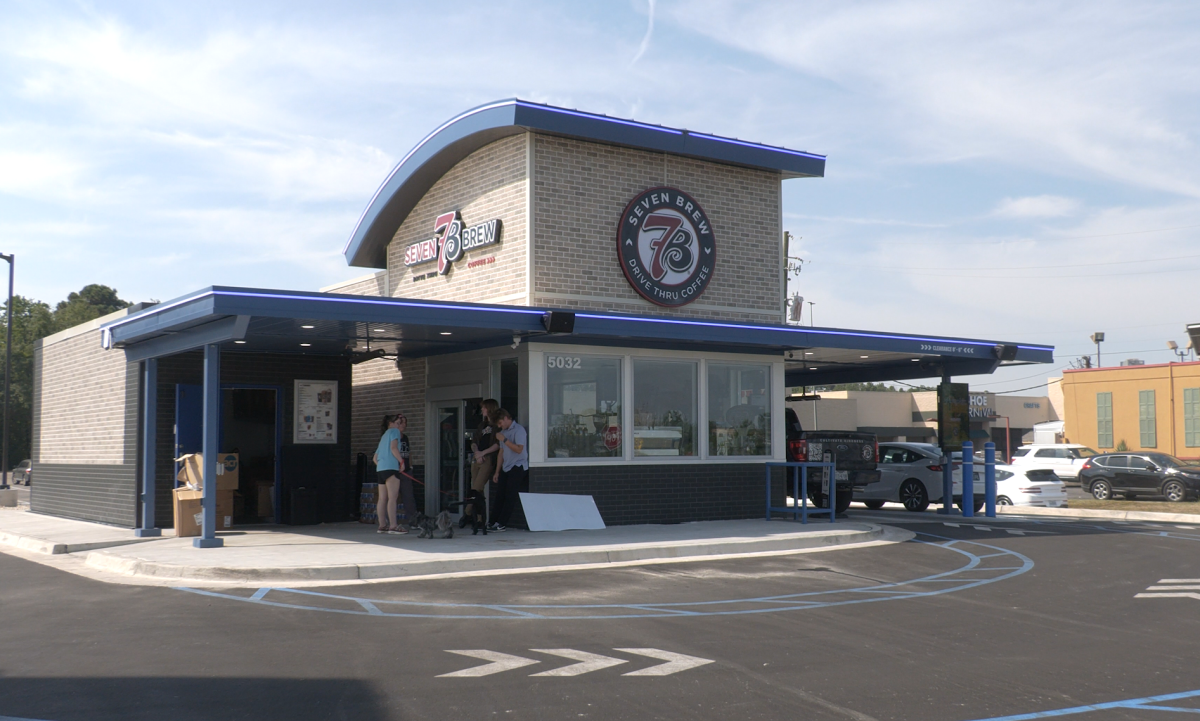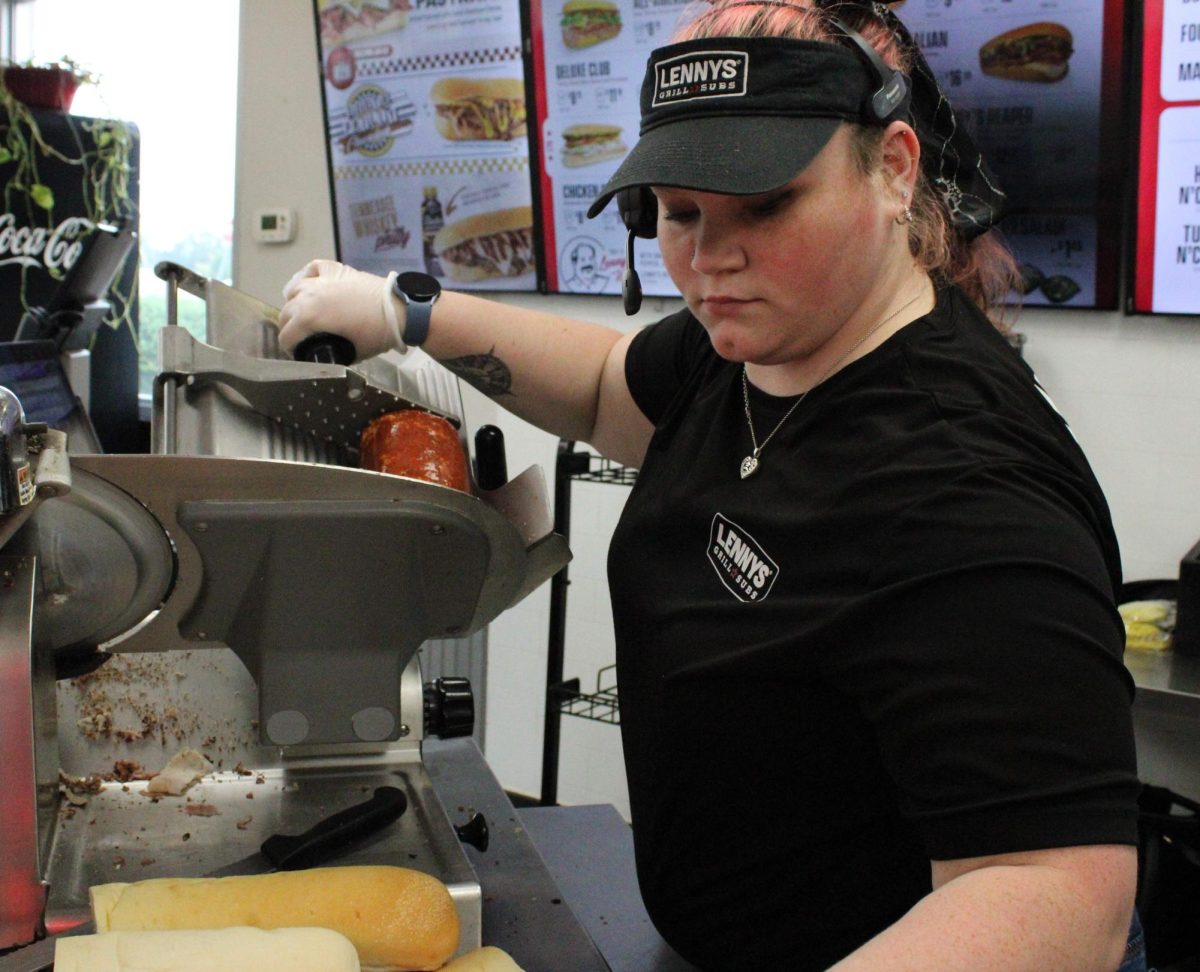Photo by Brian Winters
Research conducted by Higher Learning Advocacy in Oct. 2018 shows that only 13% of first-year students live on campus nationally.
On Southern Miss’ Department of Housing and Residence Life website, it shows an on-campus population being more than 3,000 students.
With 11,920 undergraduate students registered for the fall semester, there is a larger percentage of students who make the daily commute to campus to fight for a parking spot like everyone else.
For many students, the commute to class is not the average five-to-20-minute drive from Fourth Street, Oak Grove or Petal. It can be an hour drive for some off-campus students to sit in the same classroom as an on-campus student who arrives late to class every day.
The daily routine for junior English major Maggie Ortiz starts at 5 a.m. when her fiancé wakes her, and she gets up and dressed for the drive to her 9:45 a.m. class. Because she lives in Brandon, she leaves home two hours before her class begins.
“I have all five of my classes in one day stacked, so I don’t have any breaks,” Ortiz said. “I just eat snacks throughout the day, and I get home around eight to start my homework.”
Ortiz previously lived in an apartment close to campus, but she decided to be a commuter to be closer to her and her fiancé’s families.
Similar to Ortiz, senior economics major Madison Quick commutes from Gulfport three days a week for an hour and 20 minutes each way. The cost of living was the biggest reason for her to make the daily drive.
“I just commute, since it’s cheaper to spend $300 a month on gas, instead of $700 on an apartment [in Hattiesburg] with utilities,” Quick said.
Senior video arts major Jordan Pitt commutes from Lucedale and agreed with Quick about finances.
Despite the convenient financial savings these commuters have, fear of missing out, or “FOMO,”occasionally kicks in.
“I feel like I do have this disconnect from my university because I’m not into social gatherings like everyone else,” Quick said. “I wish sometimes I was a part of that, but I don’t have time for that, having a full-time job.”
Pitt also said he would be more involved on campus if he did not have as long of a commute. If he had time, he said he would attend games, join the band and get involved in other student organizations.
Despite the struggle that comes with a long commute, all of these students feel that they have improved their time management skills.
“When I was living on campus at Mississippi College, I’d go my room to take a nap or sit on my computer and play video games or hang with friends somewhere,” Pitt said. “I’d be lazy, but with commuting, a break between classes means I don’t have enough time to go sit on my computer. It almost forces me to do classwork, but it is not something I am complaining about.”
Quick said her schedule is booked from the moment she wakes up until the moment she gets home, so even 20 minutes makes a huge difference in her day.
“It does suck when you are running any time behind,” Quick said. “Me being 20 minutes behind on the road makes a big difference to then have to find a parking spot. I basically missed 40 minutes of class, so what’s the point of walking in?”
Making healthy choices and getting enough sleep have also become more of a struggle for commuters according to Quick. She said she often turns to fast food because of her demanding schedule.
“I feel like I’m always in a rush to eat and can’t cook food at home, so to eat a home-cooked meal does feel nice when I get to,” Quick said.
Pitt said he is often “too tired to do anything” after his one hour commute to school.
Despite feeling occasional FOMO from college activities and struggling with endurance to go through a long day, the commuter life is a better fit for some students’ individual needs despite the constant college atmosphere of activities and clubs every day.
With college being a large portion of their days, responsibilities and goals will always have top priority.
“I’m not here to be a college kid, I’m here to get a degree,” Ortiz said.


























